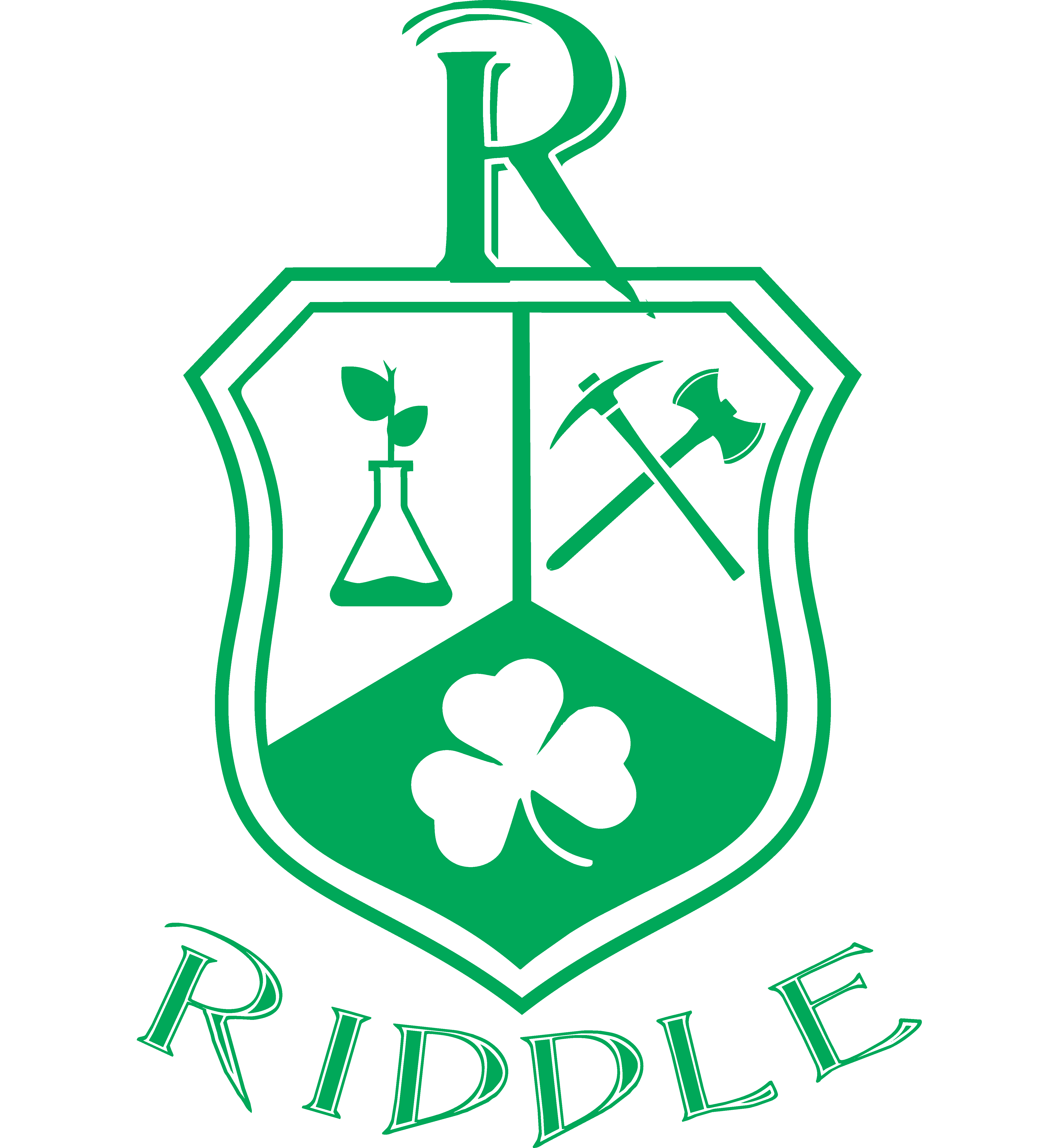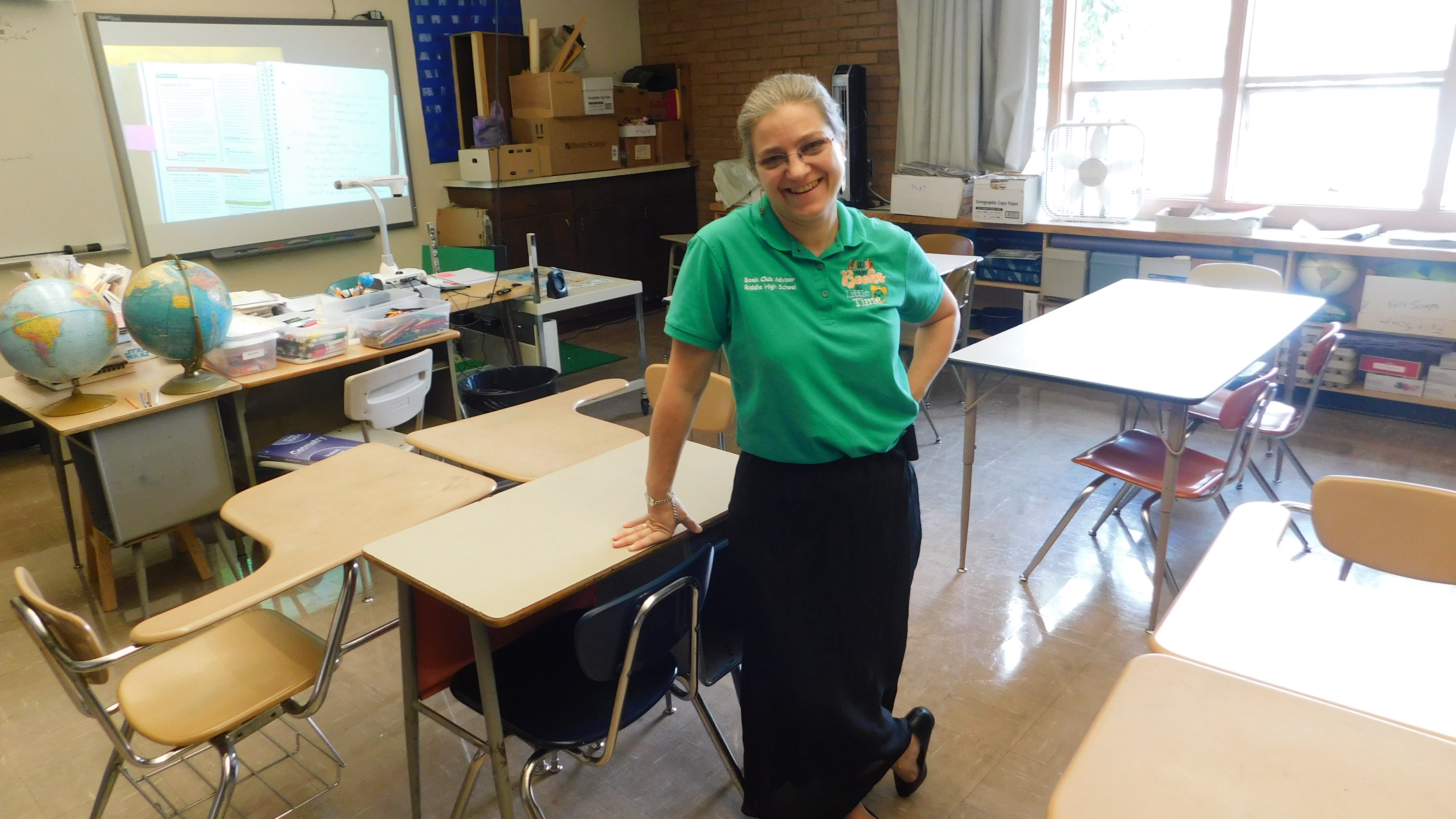Cultural Arts & Crafts
Mrs. Amela loves to see and teach the connection between subjects that most think have nothing to do with each other, but have relevance in daily life. This led her to be licensed in both Social Studies and Basic Mathematics. These courses created opportunities for her to use her artistic background to find examples of concepts that would reach a wider range of students. Music, food, and traditional arts and crafts were explored for each continent to make cultural connections in geography. In math, music was also used to teach fractions. Unit conversions were taught with choosing sewing patterns, while symmetry, translations, and reflections were taught using Renaissance artwork. As the district wanted to create more opportunities for students to explore art with a cross-curricular emphasis, the Geography-Other course was created to explore these aspects of culture in greater detail.
WORLD/CULTURAL ARTS & CRAFTS
This is a world/cultural arts and crafts course, where we study different locations, time periods, and cultures through recreating the crafts. The goal of this course is to introduce students to a wide variety of arts and crafts with an emphasis on the cultural aspect. Examples would be Wycinanki (V-eye-chin-on-key) which is Polish paper cutting, Fabergé (Fab-rah-jay) Eggs which are ornately decorated eggs from Pre-Soviet Russia, Shell Art which was a popular craft during the colonial period as well as during the 1800s, and African Sunset Art which mixes watercolor and acrylic paint. We also look at the origins of holiday traditions and how they have changed over time. One October, we looked at “Spirit” or “Ghost” Photography from the mid to late 1800s. Students then created their own “ghosts” out of cheesecloth and random materials. A few students also tried their own hand at spirit photography. Although some projects are repeated, the focus of study is determined by each class of students.

